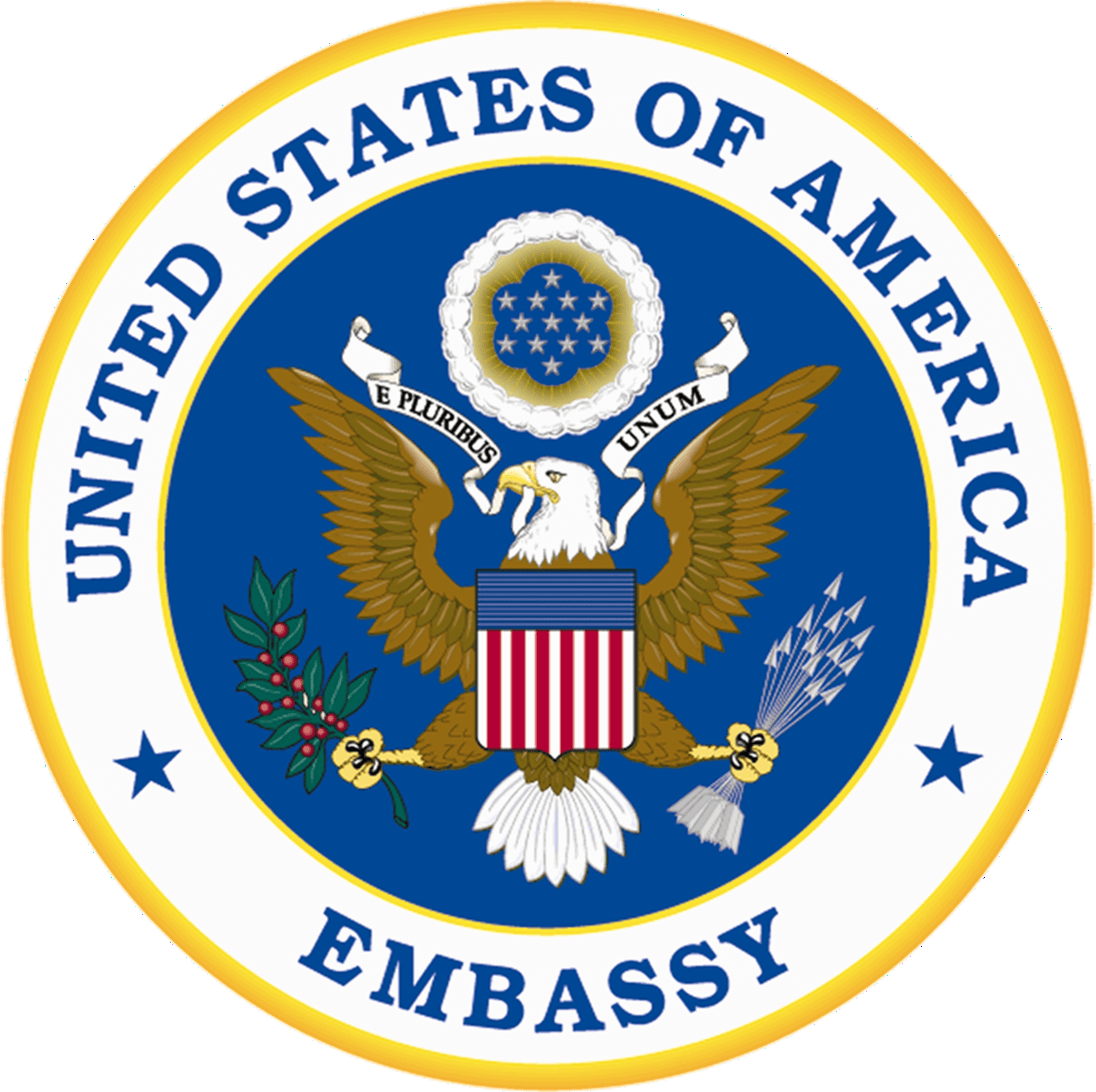 We put a lot of faith in our own ability to keep track of our belongings during business travel, frequently ignoring any need to have a backup plan in case something goes wrong. So when a wallet or personal bag is stolen or lost on a trip, it's often a shock and disconcerting feeling. Fortunately, for most business travel executives, most financial tools and access can now be managed electronically via the Internet. So with a cell phone, Internet connection or a computer a good number of problems can be solved or prevented. Here's how:
We put a lot of faith in our own ability to keep track of our belongings during business travel, frequently ignoring any need to have a backup plan in case something goes wrong. So when a wallet or personal bag is stolen or lost on a trip, it's often a shock and disconcerting feeling. Fortunately, for most business travel executives, most financial tools and access can now be managed electronically via the Internet. So with a cell phone, Internet connection or a computer a good number of problems can be solved or prevented. Here's how:
Anticipate Problems Ahead of Time
If traveling to an unknown area or visiting a city for the first time on business travel, it's always a good idea to have a backup identification form kept in a second location. During travel this could be in the form of photocopies in a suitcase. When at the hotel, it could be a second ID form kept in the hotel safe. For domestic travel, most folks use just their driver's license for ID, but bringing a passport and keeping it in the hotel or room safe can be invaluable when a wallet or purse is stolen, especially when ID is needed to get other financial tools quickly.
Have a List of Phone Numbers and Emails
All financial institutions have emergency phone numbers, websites and emails addresses for contact in case of fraud or an emergency need for new account cards. However, that information doesn't do much good if it's not on a person. Keep a list elsewhere outside of a wallet and have it handy. If an event occurs, one can then easily react, shut down accounts and get new access within 24 to 72 hours.
Keep Some Cash Handy
In our electronic age, cash may seem antiquated, but when cards and wallets disappear, cash can be a godsend. Everybody accepts currency, and it can keep a person functioning and fed until emergency replacement cards arrive at the hotel or by post.
Map Out Financial Contacts Before Arriving
Smart business travel executives map out the locations of financial institutions they can work with before arriving at a location. This saves time in an emergency knowing exactly where to go to get help. It also avoids delays due to language differences and trying to find directions.
All Else Fails, Find Your Embassy
 There is a reason why countries have embassies in foreign lands beyond just politics and information gathering. Embassies are also a place where citizens can go in an emergency to get help from their own government. Expect a lot of bureaucracy and delays to confirm identities, but eventually an embassy program will provide help in a last resort situation.
There is a reason why countries have embassies in foreign lands beyond just politics and information gathering. Embassies are also a place where citizens can go in an emergency to get help from their own government. Expect a lot of bureaucracy and delays to confirm identities, but eventually an embassy program will provide help in a last resort situation.
No one wants to deal with a theft or loss of personal financial tools during business travel but it happens frequently, and being stuck in an unfamiliar or foreign location can be extremely frustrating. A bit of pre-planning can mitigate a lot of these issues ahead of time, or at least make a recovery occur faster. And the best part is that most of this planning is free and easy to do.
Posted on Jun 17 2014
